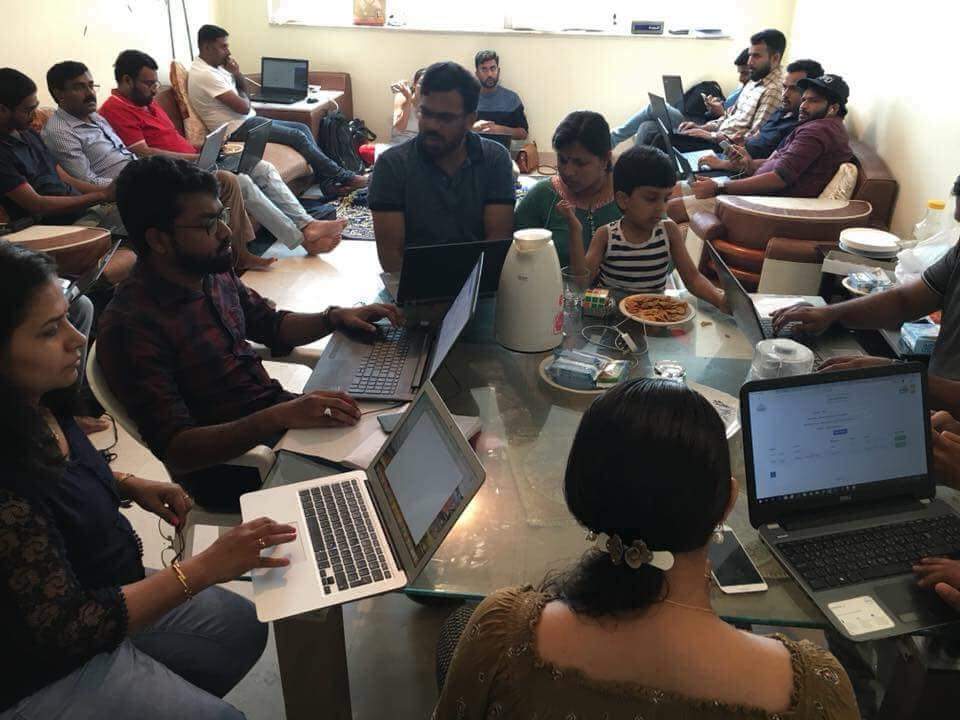Back in Dec, though some of us knew about it beforehand, Epic unveiled their own digital store.
It set the stage for a showdown (of sorts) with Steam
venturebeat.com/2018/12/06/epi…
1/
2/
epicgames.com/store/en-US/ne…
3/
gamasutra.com/blogs/DerekSma…
4/
5/
6/
7/
store.steampowered.com/news/8761/
8/
That lasted 5 years.
9/
So as complaints grew, it came as no surprise when in mid-2017, Steam started an orderly shutdown of Greenlight.
10/
steamcommunity.com/games/593110/a…
11/
Now, for $100, even hobo Harry could publish media (games, barely-soft-porn, Anime fetish, furry bullshit etc) on Steam.
partner.steamgames.com/steamdirect
12/
I need all 280 chars to express the hilarity of it all...
13/
Build their own delivery system and curate it with their own popular games.
14/
I told you it was hilarious.
15/
And there are those who were actually upset about this. I'm not even joking.
16/
Eventually the furor died down, and having multiple game launchers became normal
17/
Funny twist: Because Steam allows it, over 95% of the games on those competing services, sell Steam keys; thus keeping Steam games WITHIN the Steam ecosystem. LOL!!
18/
And as long as you publish on Steam, it's all free to use.
19/
partner.steamgames.com/doc/sdk
20/
lodgame.com/faqs/steam-ser…
21/
They've done the work, whether or not you use all of them, publishing on Steam uses one of those tools.
22/
Though it's a small sampling, it was still alarming to me.
gdconf.com/news/nearly-50…
23/
"largest share (32 percent) saying Steam currently does not justify Valve’s revenue share. 27 percent said such a large cut probably isn’t justified, and 17 percent said they just didn’t know."
Welcome to the ludicrous side of our games biz. Enjoy the fish.
24/
And that was just last month.
gamesindustry.biz/articles/2018-…
25/
26/
When Steam allowed creators to make money during development via their Early Access (2013 debut), all rejoiced.
rockpapershotgun.com/2013/03/21/ste…
27/
kotaku.co.uk/2014/09/22/ste…
28/
I mean, just read it and see for yourself.
29/
gamesindustry.biz/articles/2018-…
Since it's inception, some games which made their debut on Steam, are now exclusive (some are timed) to Epic.
Similarly, others (curated by Epic) are bringing their titles over.
30/
Even an exclusive in exchange for marketing, still has someone forking out [marketing] cash for the benefit of another.
31/
32/
33/
34/
35/
36/
That's not Steam's problem.
37/
And this happened because gamers ASKED for it.
38/
39/
40/
epicgames.com/store/en-US/ne…
41/
42/
1) More money (higher royalties)
2) Better discovery of your game
3) No toxic community bs to deal with
That's basically it. All of it.
43/
How about Sony and Microsoft locking down exclusives as a way to sell more console units?
Same thing.
44/
45/
pcgamer.com/metro-exodus-e…
46/
47/
At various times in our industry biz history, we've been here before.
48/
49/
50/
{end}







